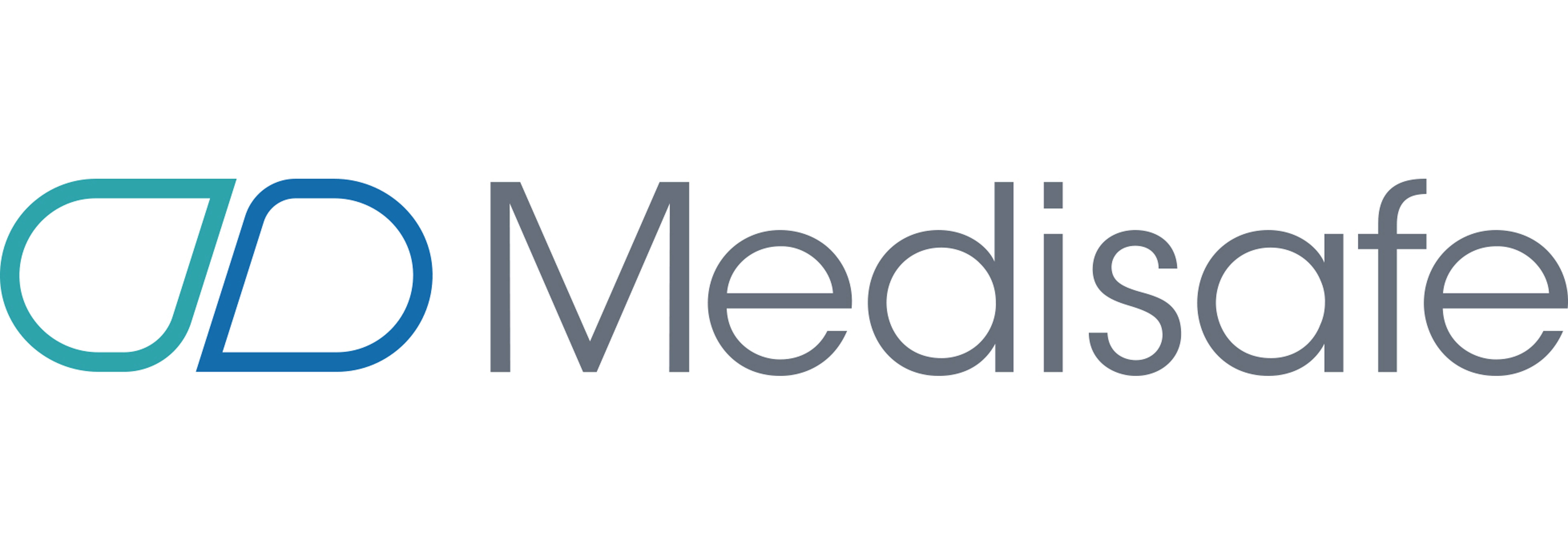Perhaps no field is more rapidly innovating than medicine. New discoveries are being made and new treatments launched. Patients are living longer with more complex diseases. Yet, the struggle to even cover gold standard treatments persists. Often, the process of getting a treatment authorized takes much more time than the actual therapy.
Whenever a new drug is introduced to market, the pharmaceutical company reps visit with samples and/or coupons because they know insurance companies are not going to cover the cost. It may be a completely new class of medication with mind-blowing study results. However, that does not drive insurance companies to cover the costs for patients. And we all know that in the U.S., much medical care is simply unaffordable without it.
Similarly, new procedures are devised that are safer and more effective. It seems, though, that insurance companies neglect the evidence and look at the price tag. The whole country opines about the opioid crisis, yet it simply remains cheaper for patients to take a controlled substance than it is to undertake a course of physical therapy. And in the realm of pain, there are many procedures that can be performed instead of pain pills, including spinal cord stimulators, PRP, and some injections.
As the population ages, we need more available treatment options. When the antibiotics that we use to treat infection stop working because of antibiotic resistance due to overuse, we need new ones. When surgeons must perform surgery on more complicated diseases in patients who are suffering more chronic diseases, we need new tools for them to utilize to make it safer and more effective. When patients want an answer to what is causing their symptoms, we need better diagnostic tests. Despite much effort being done in these regards, this work often does not reach the patients in the exam room.
The fact that medicine is forever evolving is a very necessary condition. Nonetheless, these breakthroughs are not going to help patients unless we examine the healthcare delivery system and make these innovations readily available to patients. What good is having the best medical science in the world when the patients who need it can’t afford it? Innovation is crucial but who’s going to cover the cost in the exam room? While doctors and scientists are held accountable for their actions, insurance companies are not. Maybe that should be the first step in bringing innovation alive.






